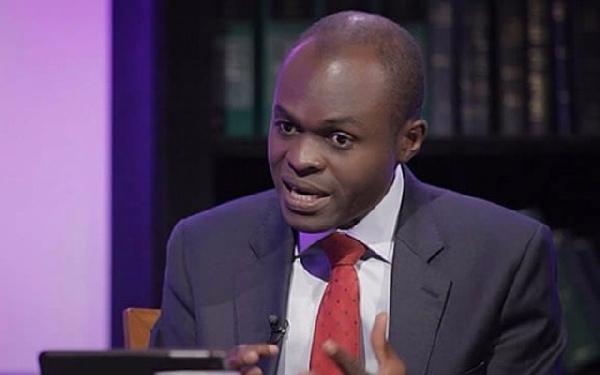The suspension of Chief Justice Gertrude Torkonoo and her subsequent legal challenge have ignited a firestorm of controversy within Ghana’s legal and political landscape. At the heart of the dispute lies the Chief Justice’s decision to retain former Attorney General Godfred Yeboah Dame as her lead counsel, a choice that has drawn sharp criticism from various quarters, particularly from private legal practitioner Martin Kpebu. Kpebu argues that Dame’s involvement casts a shadow over the proceedings due to the former Attorney General’s alleged role in a recent ambulance procurement trial, a case marred by allegations of witness coaching and undue political influence. This controversy adds another layer of complexity to an already delicate situation, raising questions about the integrity of the legal process and the potential ramifications for the Ghanaian judiciary.
The crux of Kpebu’s critique centers on allegations that Dame engaged in improper conduct during the ambulance procurement trial, specifically by allegedly pressuring a witness, Richard Jakpa, to provide false testimony against the primary accused, Dr. Cassiel Ato Forson. These allegations, bolstered by a leaked phone conversation between Dame and Jakpa, have fueled public outrage and calls for Dame’s resignation or disbarment. Kpebu contends that by associating herself with Dame, the Chief Justice undermines the credibility of her own legal challenge and risks jeopardizing public trust in the judiciary. He argues that the optics of having a lawyer facing potential disciplinary action represent a serious lapse in judgment on the part of the Chief Justice.
The controversy surrounding Dame’s alleged actions in the ambulance procurement trial raises fundamental questions about the ethical responsibilities of legal professionals and the potential for abuse of power within the justice system. The leaked phone conversation, if authentic, suggests a concerted effort to manipulate the legal process for political gain, a scenario that strikes at the very heart of judicial independence and impartiality. Kpebu’s concerns, therefore, extend beyond the immediate context of the Chief Justice’s legal challenge and touch upon broader issues of accountability and transparency within Ghana’s legal system.
The ongoing legal battle between the suspended Chief Justice and the government highlights the inherent tensions between different branches of government and the delicate balance of power that underpins a functioning democracy. The Chief Justice’s suspension, based on petitions alleging misconduct, raises concerns about the potential for politically motivated actions against judicial officers. Her decision to challenge the suspension in court, while asserting her right to due process, further complicates the situation, creating a constitutional crisis with far-reaching implications.
The choice of legal representation in such a high-stakes case carries significant symbolic weight. The Chief Justice’s decision to retain Dame, despite the cloud of controversy hanging over him, sends a mixed message. On one hand, it could be interpreted as an act of defiance, a signal that she is unwilling to bow to public pressure. On the other hand, it raises questions about her judgment and her commitment to upholding the integrity of the judiciary. Kpebu’s criticism, therefore, is not merely about Dame’s alleged misconduct but also about the Chief Justice’s perceived endorsement of that conduct by choosing him as her legal representative.
In the broader context of Ghana’s political landscape, this controversy underscores the challenges of maintaining an independent and impartial judiciary. The allegations of political interference in the ambulance procurement trial, coupled with the Chief Justice’s suspension, raise concerns about the erosion of checks and balances within the government. The outcome of the Chief Justice’s legal challenge, and the subsequent actions of the General Legal Council regarding Dame’s alleged misconduct, will have a profound impact on public trust in the judiciary and the rule of law in Ghana. The case serves as a stark reminder of the importance of upholding ethical standards within the legal profession and the need for constant vigilance to safeguard the integrity of democratic institutions.


